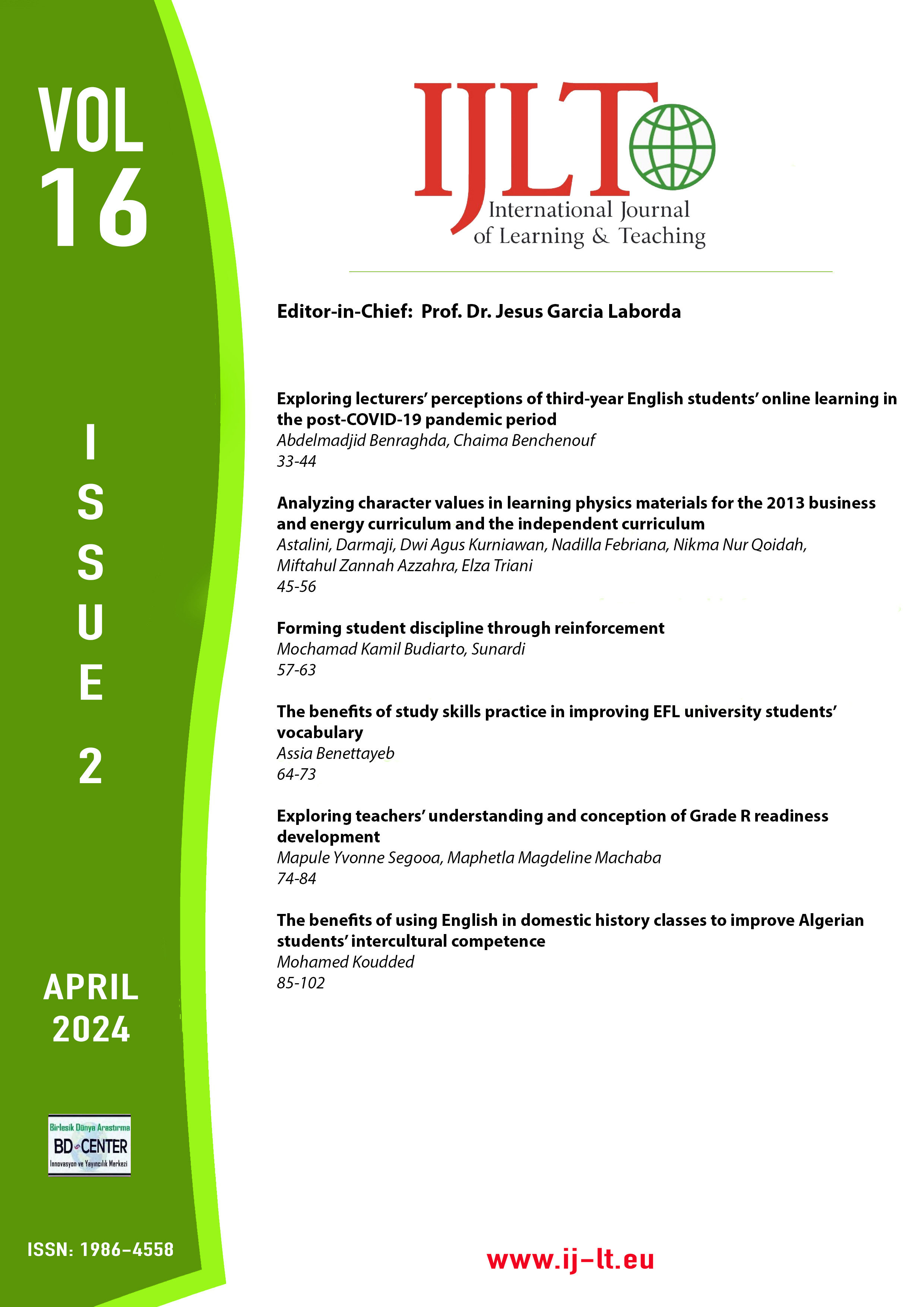Analyzing character values in learning physics materials for the 2013 business and energy curriculum and the independent curriculum
Main Article Content
Abstract
The purpose of this study was to analyze the character values contained in the 2013 curriculum and the independent curriculum and to distinguish the application of character values in the 2013 curriculum and the independent curriculum. The method used in this research is a qualitative method with the type of document study research. The instrument used by the researcher is a documentation technique. The subjects of this study were the 2013 Curriculum Physics Teacher's Book and the Independent Curriculum Class X Teacher's Book. The results of this study indicate that the character values in the material for effort and energy in physics learning have not been met in the content analysis, problem analysis, and project task analysis. This affects student activities in the 2013 curriculum and the independent curriculum. It is hoped that for further research, research variables can be reproduced so that research results are more effective.
Keywords: 2013 curriculum, character education, physics learning, independent curriculum
Downloads
Article Details

This work is licensed under a Creative Commons Attribution-NonCommercial-NoDerivatives 4.0 International License.
Authors who publish with this journal agree to the following terms:
- Authors retain copyright and grant the journal right of first publication with the work simultaneously licensed under a Creative Commons Attribution License that allows others to share the work with an acknowledgement of the work's authorship and initial publication in this journal.
- Authors are able to enter into separate, additional contractual arrangements for the non-exclusive distribution of the journal's published version of the work (e.g., post it to an institutional repository or publish it in a book), with an acknowledgement of its initial publication in this journal.
- Authors are permitted and encouraged to post their work online (e.g., in institutional repositories or on their website) prior to and during the submission process, as it can lead to productive exchanges, as well as earlier and greater citation of published work (SeeThe Effect of Open Access).
